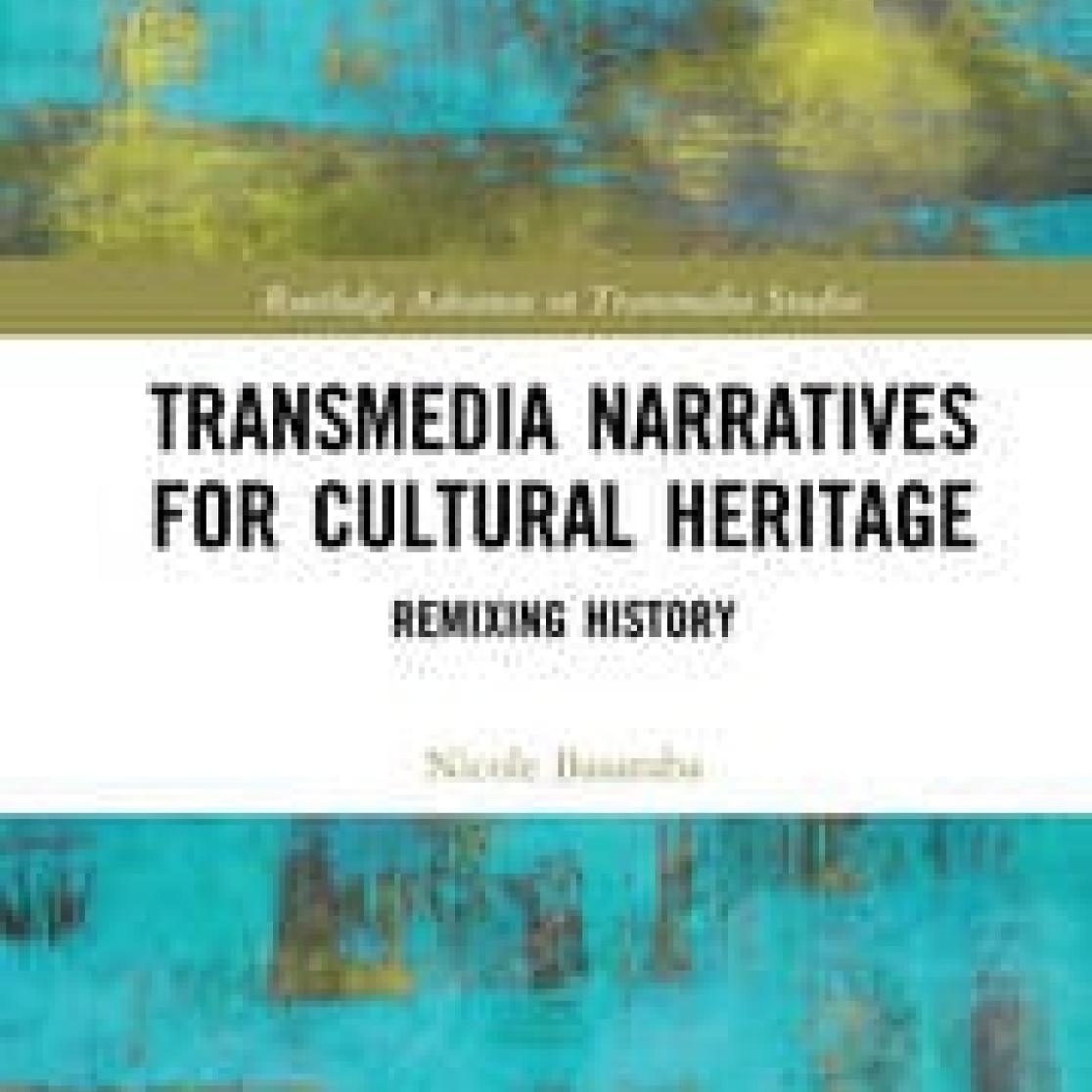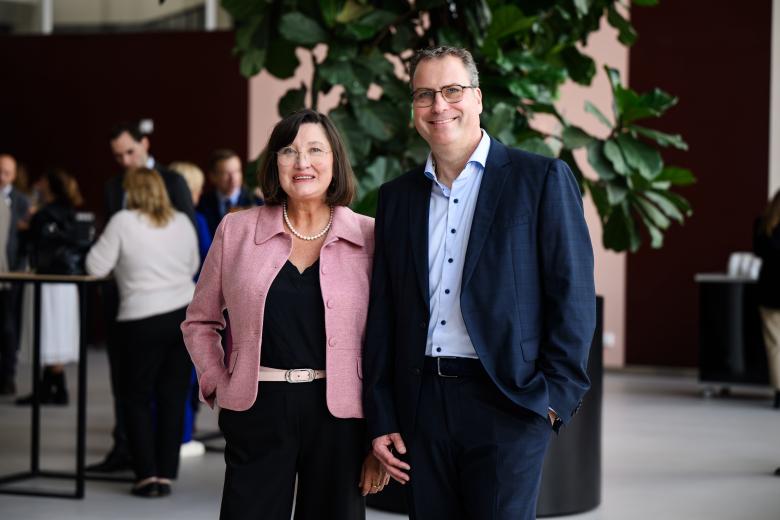Nicole Basaraba publishes book 'Transmedia Narratives for Cultural Heritage, Remixing History"
This book applies a media-focused transdisciplinary approach to understand the conventions of emerging digital narrative genres. Considering digital media’s impact on narrative creation and reception, the approach, namely remixed transmedia, can aid practitioners in creating strategic non-fiction narratives for cultural heritage. These creations also need to be evaluated and a digital-media focused ‘ludonarrative toolkit’ allows for the critical analysis of the composition and public participation in interactive digital narratives. This toolkit is applied and exemplified in genres including virtual museums, serious games, and interactive documentaries. The book also includes a seven-phase theoretical framework that can assist future creators (and project managers) of non-fiction transmedia ‘mothership’ narratives; and a methodology (based on ‘big data analysis’) for how to invent new cultural heritage narratives through bottom-up remixing that allows for public inclusion. Two transnational case studies on the 11 UNESCO World Heritage Australian Convict Sites and the Irish National Famine Way demonstrate the seven-phase framework’s applicability.
As many scholars across disciplines are increasingly creating digital narratives on historical topics for public consumption in various forms, the theoretical foundations and practical project management framework will be useful for scholars and project teams in the domains of transmedia studies, interactive narratives, cultural heritage, media studies, comparative literature, and journalism.

Also read
-
Steel tariffs explained: Why is the EU doubling them — and at what cost?
The EU announced last week that it would double its tariffs on steel to 50 percent, bringing them in line with US levels. Studio Europa Maastricht spoke with Mark Sanders, Associate Professor of International Economics at Maastricht University about the latest developments surrounding the increase...

-
ERASMUS+ - free movement of ideas and skills
Under ERASMUS+, the European Commission's mobility programme for education and training, UM sends and receives more students than any other Dutch university. President Rianne Letschert on her own ERASMUS experience, the benefits of leaving your comfort zone, and being inspired by different...

-
WHO designates two CAPHRI centres as new Collaborating Centres for Public Health Leadership and Workforce Development
With these centres, WHO wants to advance the professionalisation and competencies of the public health workforce.
